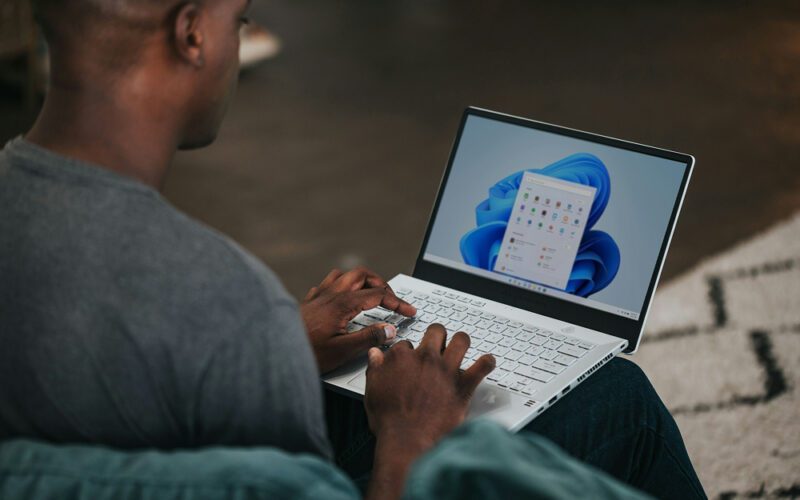Microsoft recently introduced Windows 11 Recall—an AI-powered tool designed to remember everything you’ve done on your PC. While the feature promises productivity benefits, it has also sparked serious Windows 11 Recall privacy concerns from cybersecurity experts, watchdogs, and users alike.
What Is Windows 11 Recall?
Recall is part of Microsoft’s new Copilot+ PC experience. It continuously captures screenshots of your on-screen activity every few seconds and stores them locally on your device. These snapshots allow users to “scroll back in time” and find websites, documents, or messages they previously viewed.
On the surface, it sounds like a useful way to stay organized. Imagine forgetting a product you saw last week or losing track of a conversation—Recall helps you revisit those moments instantly using AI-generated context.
Why Are People Worried?
While the functionality seems helpful, privacy advocates are raising alarm bells. Since Recall takes snapshots of nearly everything—emails, chats, passwords, and even private health records—it can be a major liability if your device is compromised. Even Microsoft’s own engineers have admitted that it could expose sensitive data if not managed securely.
Security researchers like Kevin Beaumont have warned that malware could be written to harvest Recall data. The UK’s Information Commissioner’s Office (ICO) also began investigating Microsoft’s handling of personal information shortly after the feature was announced.
Read more from The Verge’s coverage of Recall backlash.
Is My Data Safe with Recall?
According to Microsoft, all Recall data is stored locally and encrypted using Windows Hello. This means only the device owner can access the snapshots. However, critics point out that if malware bypasses these protections, the data could be extracted in bulk.
Additionally, most users don’t realize how much data Recall collects. Since it runs quietly in the background, many won’t think to configure its permissions or know how to delete stored data.
Can You Turn Recall Off?
Yes, Microsoft has confirmed that Recall is optional. You can disable it entirely in your settings. There are also options to exclude certain apps or websites from being recorded. However, turning it off removes its benefits—so users must weigh convenience against risk.
Microsoft is now delaying the general release of Recall, stating that it will launch first through the Windows Insider Preview program before rolling out more broadly.
What Should Users Do Now?
If you’re planning to buy a Copilot+ PC or upgrade to Windows 11, here are a few smart steps:
- Check whether Recall is active in your system settings.
- Set app and website exclusions to avoid collecting private data.
- Use strong Windows Hello authentication to lock access.
- Regularly delete or review snapshots if you choose to keep Recall enabled.
Final Thoughts
Windows 11 Recall is a bold step forward in productivity—but one that walks a tightrope with digital privacy. Users will need to decide whether the benefits of instant recall outweigh the risks of constant monitoring. As with any new AI feature, transparency, security, and user control will determine its success—or failure.
For official updates and feature details, visit Microsoft’s Copilot+ PC page.









